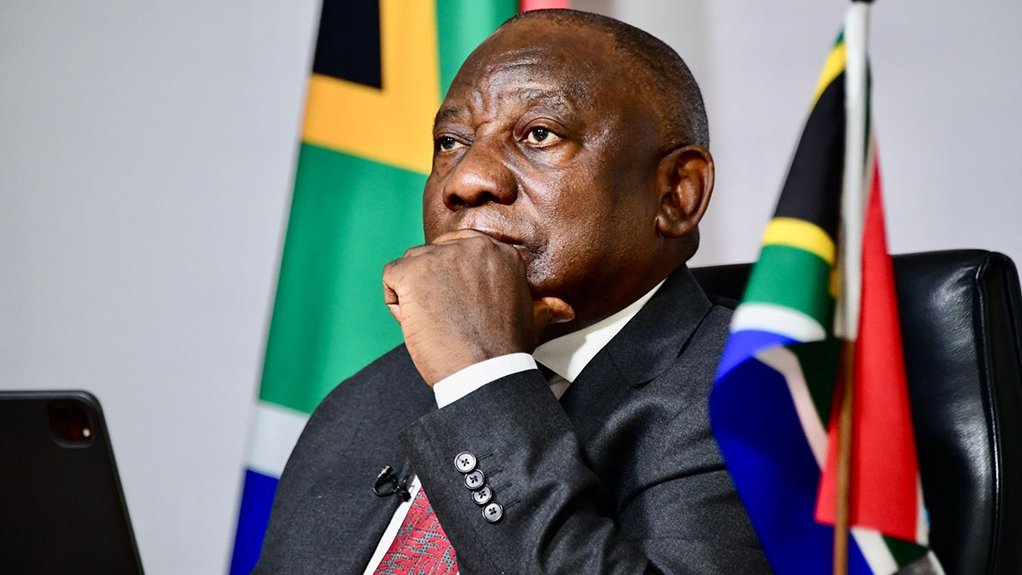President Cyril Ramaphosa said on Monday that while the Government of National Unity (GNU) is committed to the far-reaching structural electricity reforms it started during the sixth administration, he said the country’s electricity system remains vulnerable and a possibility of further loadshedding cannot be rule out yet.
Last Friday marked 100 days since South Africa last experienced loadshedding, with Ramaphosa noting that this was the longest continuous period without loadshedding since 2020.
Ramaphosa said the latest milestone reached in the structural reform journey is the commencement of trading last week of the National Transmission Company South Africa (NTCSA), which he said would own and operate the country’s national electricity transmission system.
“This forms part of the reforms we have been driving to establish an electricity market that will enable competition, secure supply and revolutionise the energy sector,” he explained.
He highlighted that as the GNU began its work, it would sustain this momentum.
“For us to continue to implement the Energy Action Plan and support the hard-working management and staff of Eskom, who are day by day helping to bring us out of this crisis, we must all pull in the same direction,” said Ramaphosa.
He explained that by focusing on the broader picture and by scaling up what had already been achieved, government was in a far better position to achieve the task it had set: end loadshedding and achieve an energy-secure future.
“We have reached 100 days without loadshedding by working together. This should encourage us to redouble our efforts and to strengthen the collaboration between all stakeholders in both the public and private sectors,” he said.
ESKOM’S SUCCESSES
Meanwhile, Ramaphosa highlighted that last week Eskom successfully commissioned Unit 5 at the Kusile power station, adding an additional 800 MW to the grid.
This followed the power utility’s work to return three units at Kusile to service ahead of schedule, he said.
He explained that the improvement in the reliability of power supply had been a relief for households, who had been able to go about their daily lives without the inconvenience of loadshedding.
It had also been a great relief for businesses, he added.
“The latest consumer confidence index compiled by the Bureau for Economic Research found that the suspension of loadshedding was a factor that contributed towards increased consumer confidence in the second quarter of this year,” Ramaphosa said.
This improvement, he said, was also a boost to the national economy, which was reliant on the availability and reliability of electricity supply for growth.
There was cause for optimism that business and investor confidence would improve, he said.
He said the GNU was committed to resolving the immediate electricity supply challenges and lay the groundwork for energy security into the future.
Ramaphosa said that these reforms included the removal of the licensing threshold for new power generation projects, tax incentives for rooftop solar, opening more bid windows for renewable energy projects, and improving Eskom’s operational viability.
Edited by: Sashnee Moodley
Senior Deputy Editor Polity and Multimedia
EMAIL THIS ARTICLE SAVE THIS ARTICLE
ARTICLE ENQUIRY
To subscribe email subscriptions@creamermedia.co.za or click here
To advertise email advertising@creamermedia.co.za or click here













